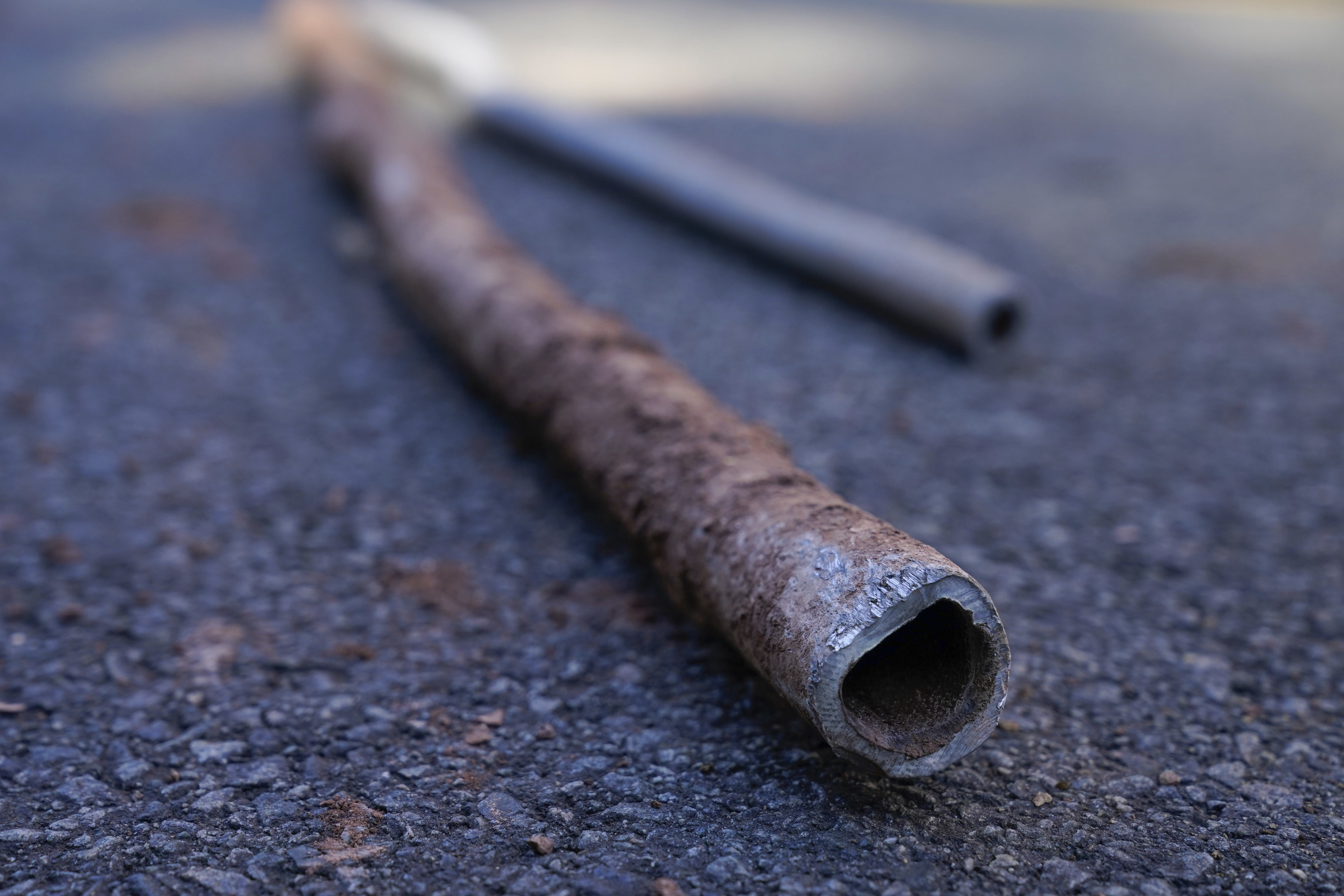
The U.S. Environmental Protection Agency has proposed a new rule requiring all lead pipes be replaced nationwide within the next 10 years.
The EPA proposal also includes other actions, such as lowering the lead action level and improving sampling protocols.
About 9.2 million lead service lines (LSLs) are bringing water to communities nationwide, according to the EPA.
These are the pipes that connect the city water supply to household plumbing.
LSLs, brass or bronze faucets and fixtures are the most common sources of lead in drinking water.
Exposure to lead in drinking water can cause serious health effects including, kidney or nervous system problems, and brain damage in children.
The contamination of drinking water with lead made national headlines with the Flint, Michigan water crisis that started in 2014.
During this time, thousands were exposed to lead contaminated water.
The city of Flint had changed their municipal water supply source from Lake Heron to the Flint River, which caused the pipes to corrode and leak lead into the tap water.
The Biden-Harris Administration says this proposed EPA rule will help protect all communities from future lead exposure.

Some communities have already initiated projects to replace their lead pipes.
As the city with the most lead water pipes, Chicago has been working to replace more than 400,000 lines, ABC 7 reports.
Workers in Washington, D.C. are also replacing pipes citywide.
As of June 30, 2023, DC Water estimates 41,157 service lines need to be replaced.
Before finalizing the new drinking water regulation, the EPA will consider feedback from the public.
The agency expects to finalize the new rule in 2024.
For more, check out our exclusive content on CGTN Now and subscribe to our weekly newsletter, The China Report.